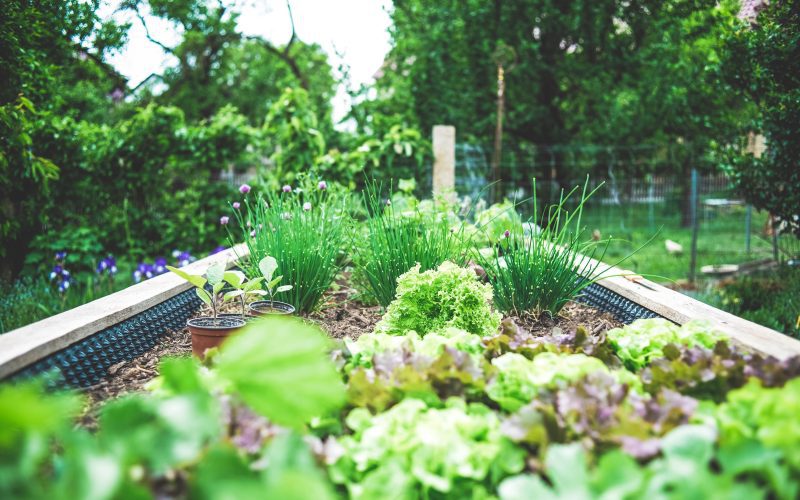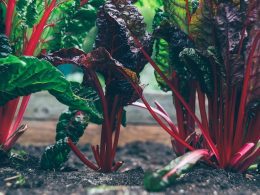Growing your own vegetables can be a rewarding and fulfilling experience. Not only does it provide you with fresh and healthy produce, but it also allows you to connect with nature and enjoy the satisfaction of growing your own food. However, starting a vegetable garden can be daunting, especially if you’re new to gardening. Here are 10 essential tips to help you create a bountiful vegetable garden.
1. Choose the Right Location
The first step in creating a successful vegetable garden is choosing the right location. Vegetables need at least six hours of sunlight per day, so choose a spot that gets plenty of sun. It’s also important to choose a location that has good drainage and is not prone to flooding.
2. Prepare the Soil
Before planting your vegetables, it’s important to prepare the soil. Remove any weeds, rocks, or debris, and loosen the soil to a depth of at least 12 inches. Add compost or other organic matter to improve the soil’s fertility and structure.
3. Choose the Right Vegetables
Choose vegetables that are well-suited to your climate and soil type. Consider factors such as the length of your growing season, the amount of rainfall in your area, and the type of soil you have. Some vegetables, such as tomatoes and peppers, require a long growing season, while others, such as lettuce and spinach, can be grown in cooler weather.
4. Plant at the Right Time
Plant your vegetables at the right time to ensure optimal growth and yield. Some vegetables, such as peas and lettuce, can be planted as soon as the soil can be worked in the spring, while others, such as tomatoes and peppers, should be planted after the danger of frost has passed.
5. Water Regularly
Water your vegetables regularly to ensure they stay healthy and hydrated. Most vegetables require at least one inch of water per week, either from rainfall or irrigation. Water deeply and infrequently to encourage deep root growth.
6. Fertilize Appropriately
Fertilize your vegetables appropriately to ensure they have the nutrients they need to grow and produce. Use a balanced fertilizer, such as a 10-10-10 or 5-10-5, and apply it according to the manufacturer’s instructions. Avoid over-fertilizing, as this can lead to excessive foliage growth and poor fruit production.
7. Control Pests and Diseases
Pests and diseases can quickly decimate a vegetable garden. Use organic pest control methods, such as handpicking insects or using insecticidal soap, to control pests. Use crop rotation and good sanitation practices to prevent the spread of diseases.
8. Provide Support
Some vegetables, such as tomatoes and cucumbers, require support to grow properly. Use stakes, cages, or trellises to provide support and prevent the plants from falling over.
9. Harvest Regularly
Harvest your vegetables regularly to encourage continued production. Most vegetables are ready to harvest when they are fully mature, but before they become overripe. Harvesting regularly also prevents the plants from becoming overcrowded and encourages new growth.
10. Enjoy the Fruits of Your Labor
Finally, enjoy the fruits of your labor! There’s nothing quite like the taste of fresh, homegrown vegetables. Share your bounty with friends and family, or preserve it for later use by canning, freezing, or drying.
In conclusion, creating a bountiful vegetable garden requires careful planning, preparation, and maintenance. By following these 10 essential tips, you can create a thriving vegetable garden that provides you with fresh and healthy produce all season long.












